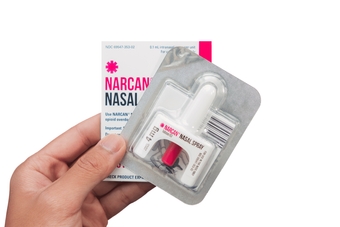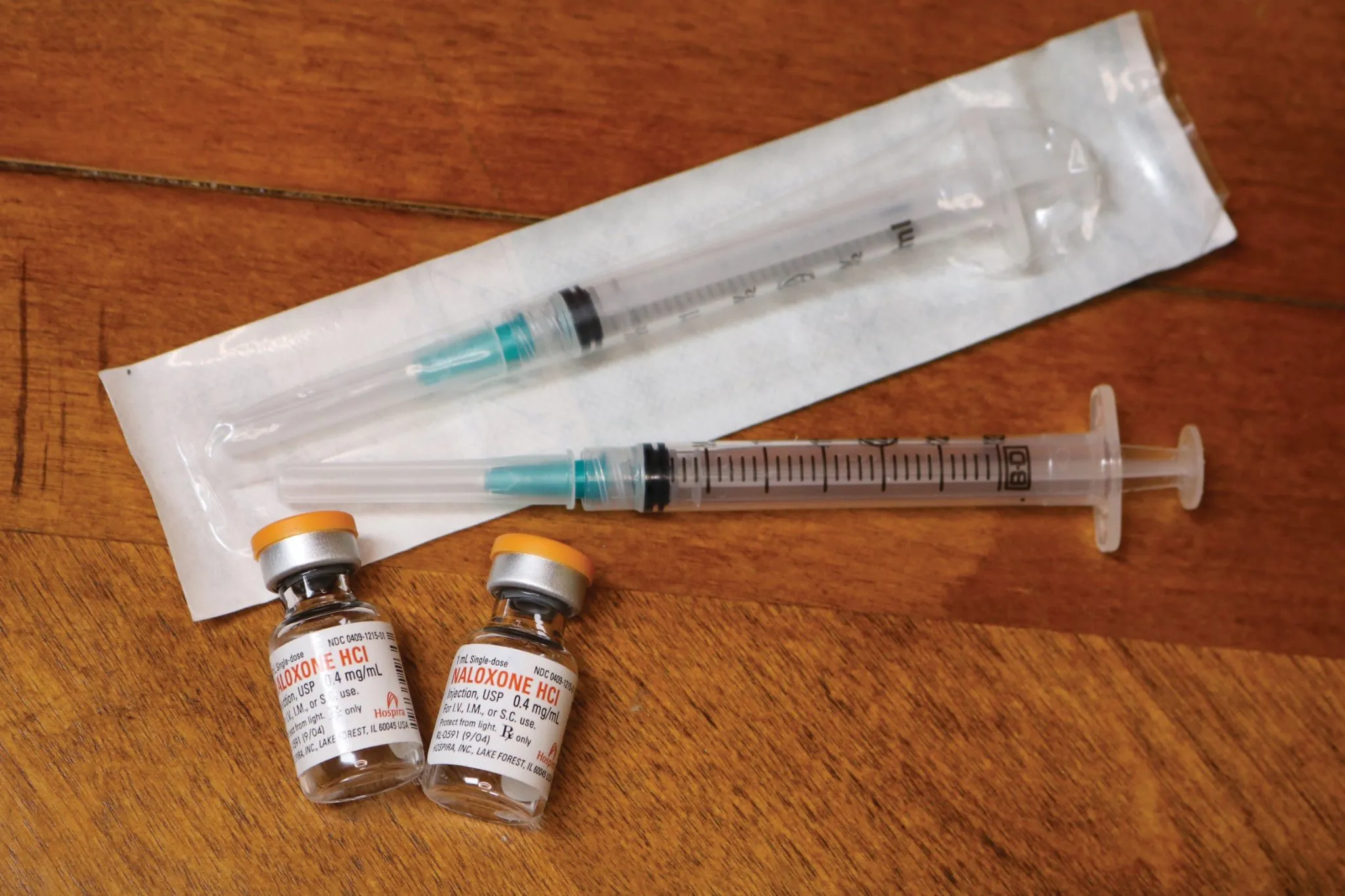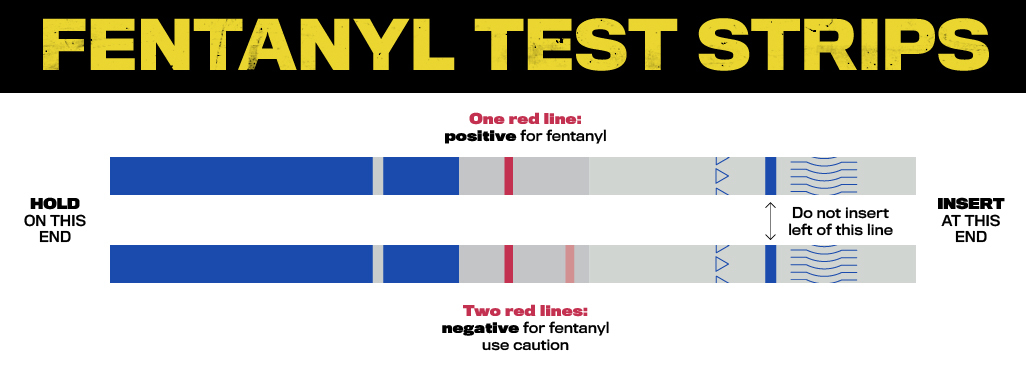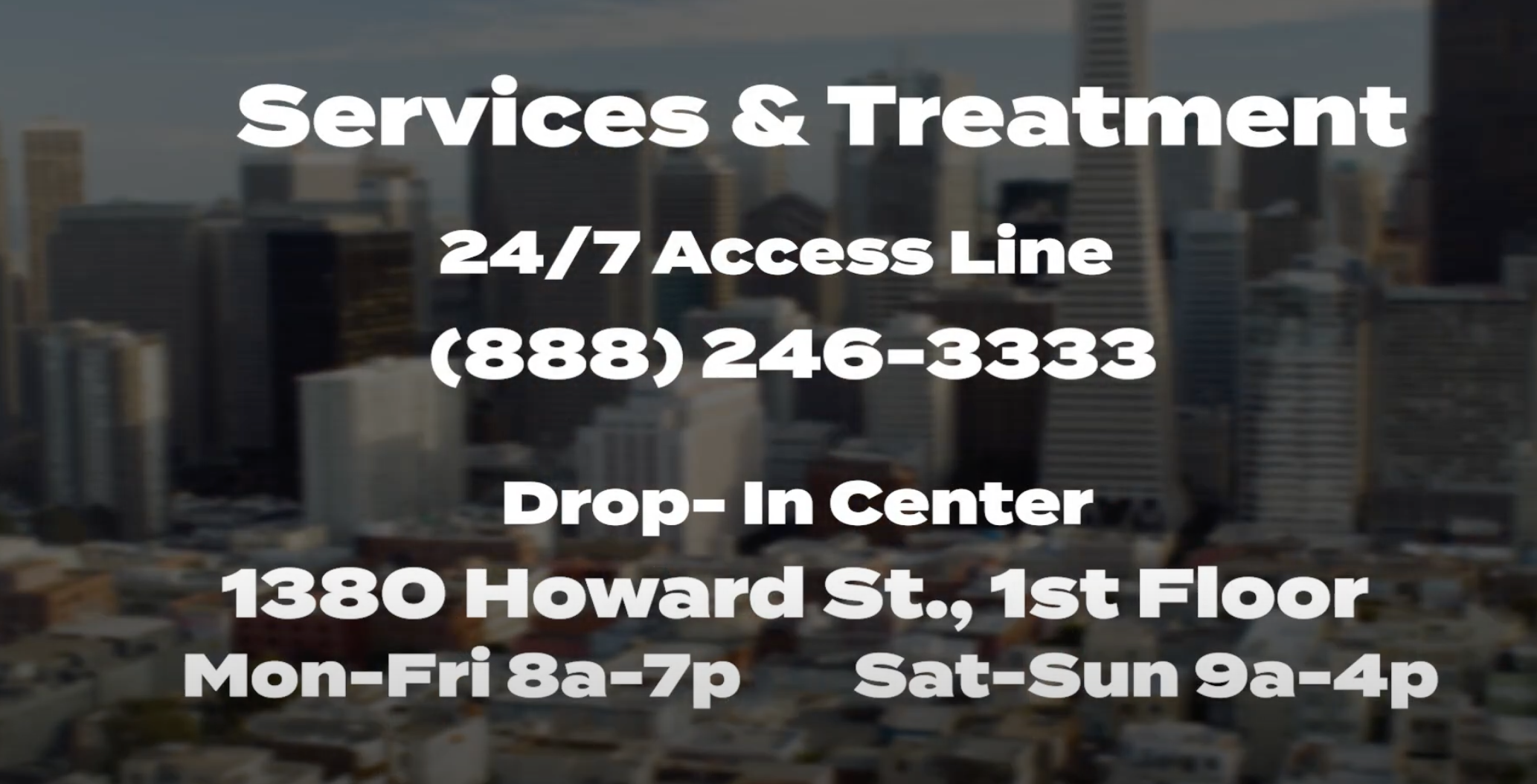
The San Francisco Department of Public Health (SFDPH) developed a series of trainings on harm reduction and overdose prevention for staff and community-based contractors who work with people who use drugs (PWUD). These elearning modules and videos aim to reduce drug overdoses in San Francisco and elsewhere by training staff and community members on harm reduction strategies and how to reverse overdoses. The trainings include:
ABOUT
SFDPH has a long history of providing direct treatment services and supporting harm reduction as an effective strategy for overdose prevention. In 2000, the San Francisco Health Commission unanimously passed a resolution adopting a Harm Reduction Policy for Substance Abuse, STD and HIV treatment and prevention services, and/or programs that serve people who use drugs in their programs.
Staff from SFDPH, Human Services Agency (HSA), Homelessness and Supportive Housing (HSH), Department of Emergency Management (DEM), and contracted community-based organizations (CBO) who may encounter people who use drugs are required to complete the overdose recognition and response module. Staff who successfully complete the training are legally allowed to administer naloxone to someone who may be experiencing an opioid overdose. The other two modules are optional but strongly encouraged. We welcome anyone interested in learning about harm reduction and supporting people who use drugs to take any of these modules, which are free and open to the public.
These trainings were developed by SFDPH’s Community Health Equity & Promotion branch in collaboration with Behavioral Health, Ambulatory Care, and the Center for Learning & Innovation.
REQUEST NALOXONE (FOR SFDPH OR DPH-AFFILIATED ORGANIZATIONS ONLY)
FOR SFDPH OR DPH-AFFILIATED ORGANIZATIONS ONLY
Email the following to DPH-Naloxone_Clearinghouse@sfdph.org:
- Email subject: “New Application – [Program Name]”
- Quantity requested per quarter
- Contact person name and email
- Program details blurb:
- Example: “The goal of Project FRIEND is to increase naloxone utilization in San Francisco by effectively training first responders and EMS personnel in naloxone administration and distribution in the community. Staff (paramedics) are trained and reversals are attempting to be tracked via an online logging system and QR code on the kits themselves.”
RESOURCES
Overdose Prevention Resources
Visit the San Francisco city and county webpage for more resources and how to access supplies of naloxone.
Monthly Trainings
For additional training, attend a monthly training through the Harm Reduction Training Institute (HRTI), a collaboration between the National Harm Reduction Coalition and SFDPH.
CONTACT
Please contact us at amy.lee3@sfdph.org.








